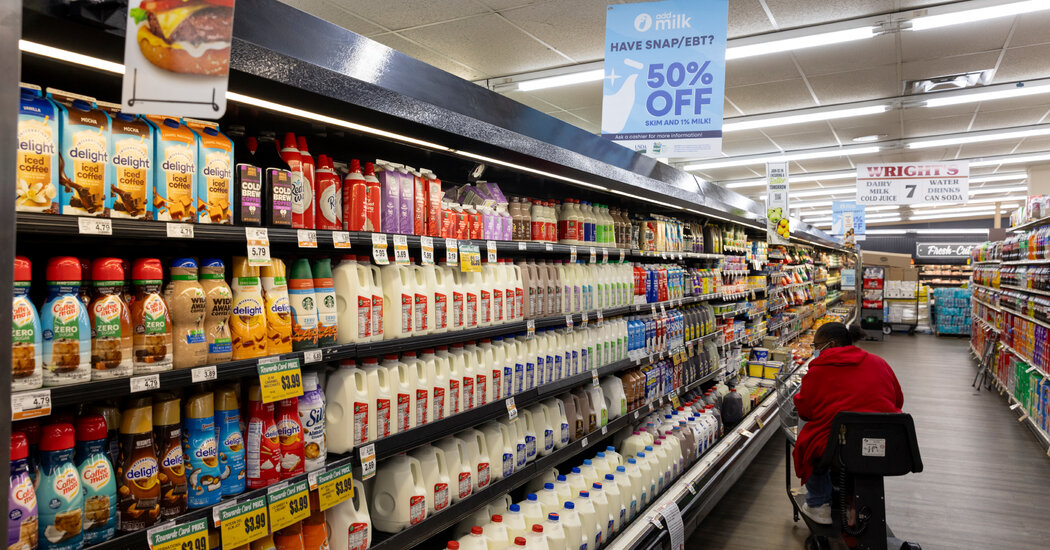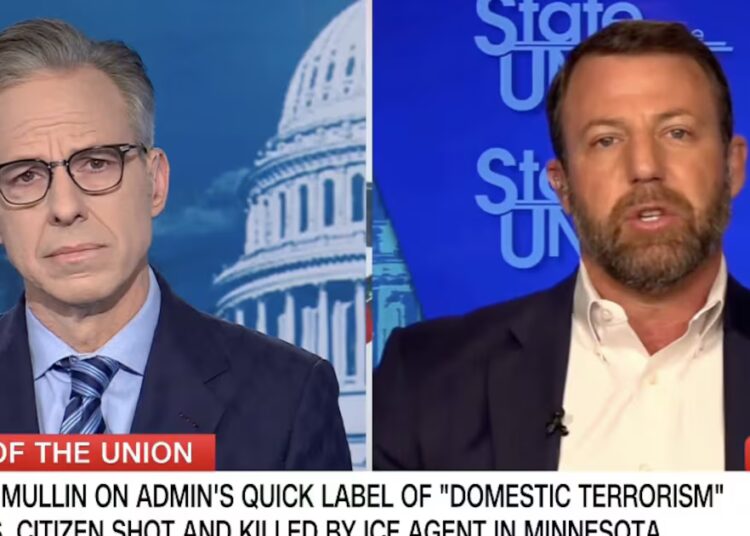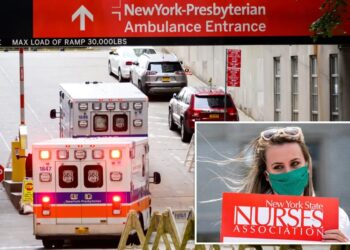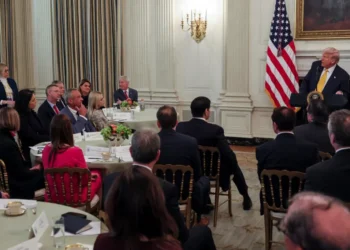The Supreme Court extended on Tuesday a temporary ruling that allowed the Trump administration to withhold full food stamp benefits while Congress worked to advance a measure to end the government shutdown.
The new order will expire just before midnight on Thursday, giving lawmakers and President Trump two more days to approve and sign a government funding bill. The House is expected to vote as early as Wednesday on a measure passed by the Senate.
But the order, however brief, extended delays and uncertainty for millions of Americans who rely on the Supplemental Nutrition Assistance Program, or SNAP, the nation’s largest anti-hunger initiative. They were already confronting new delays and disruptions to their benefits after the court’s initial ruling last week.
The new order did not give a vote count or include the court’s reasoning, which is common in such emergency rulings.
On Friday evening, Justice Ketanji Brown Jackson, one of the court’s three liberals, had temporarily granted an emergency request by the Trump administration to block a lower court judge’s order that the government fund the anti-hunger program during the shutdown.
Justice Jackson, who has written critically of many Trump administration policies, handled the emergency request because she is assigned to applications from the region of the country where the case originated.
After Justice Jackson granted the temporary pause, she set a speedy briefing schedule in the food stamp case. Both the Trump administration and the challengers had laid out their cases to the justices by early Tuesday.
The court’s emergency ruling on Tuesday noted that the matter now had been referred to the full court. The order also said Justice Jackson would have denied both the Trump administration’s request for an extension from the court and its emergency application.
Roughly 42 million Americans use monthly SNAP benefits to buy groceries. Although the government has enough money in reserves to fund the program, Mr. Trump has refused to do so. The president’s actions in the fight over funding the food stamp program during the shutdown stand in stark contrast with the other ways he has rearranged the budget as the government remained closed, including billions to pay for officers conducting mass deportations.
A group of cities, religious groups and nonprofits had sued to force the Trump administration to fund SNAP during the shutdown. They brought a lawsuit in U.S. District Court in Rhode Island and argued that the administration had both a legal and a moral obligation to fund the program.
A federal district judge, John J. McConnell Jr., agreed and ordered the White House to fund SNAP. The Justice Department quickly appealed the ruling, asking the U.S. Court of Appeals for the First Circuit to weigh in. That court on Friday declined to impose a temporary block on Judge McConnell’s order, prompting the administration to seek an emergency pause, known as an administrative stay, from the Supreme Court on Friday night.
In a brief to the court, lawyers for the Trump administration had urged the justices to continue to block the lower court order, allowing the government to withhold food stamp benefits as the shutdown continued.
Solicitor General D. John Sauer, in a court filing on Monday, asserted that the lower courts had injected themselves into “the political branches’ closing efforts to end this shutdown” by requiring the Trump administration to fund the food benefits, causing “irreparable harms” by deciding “how to triage limited funds.”
In response, the groups challenging the Trump administration urged the court to lift the pause and clear the way for full funding of the program. In a brief to the justices, the challengers argued that “people and families have now gone 10 days without the help they need to afford food,” asserting that any further delays “would prolong that irreparable harm and add to the chaos the government has unleashed, with lasting impacts” on the food benefit program.
Abbie VanSickle covers the United States Supreme Court for The Times. She is a lawyer and has an extensive background in investigative reporting.
The post Supreme Court Extends Order Allowing Limits on Food Stamp Payments appeared first on New York Times.




